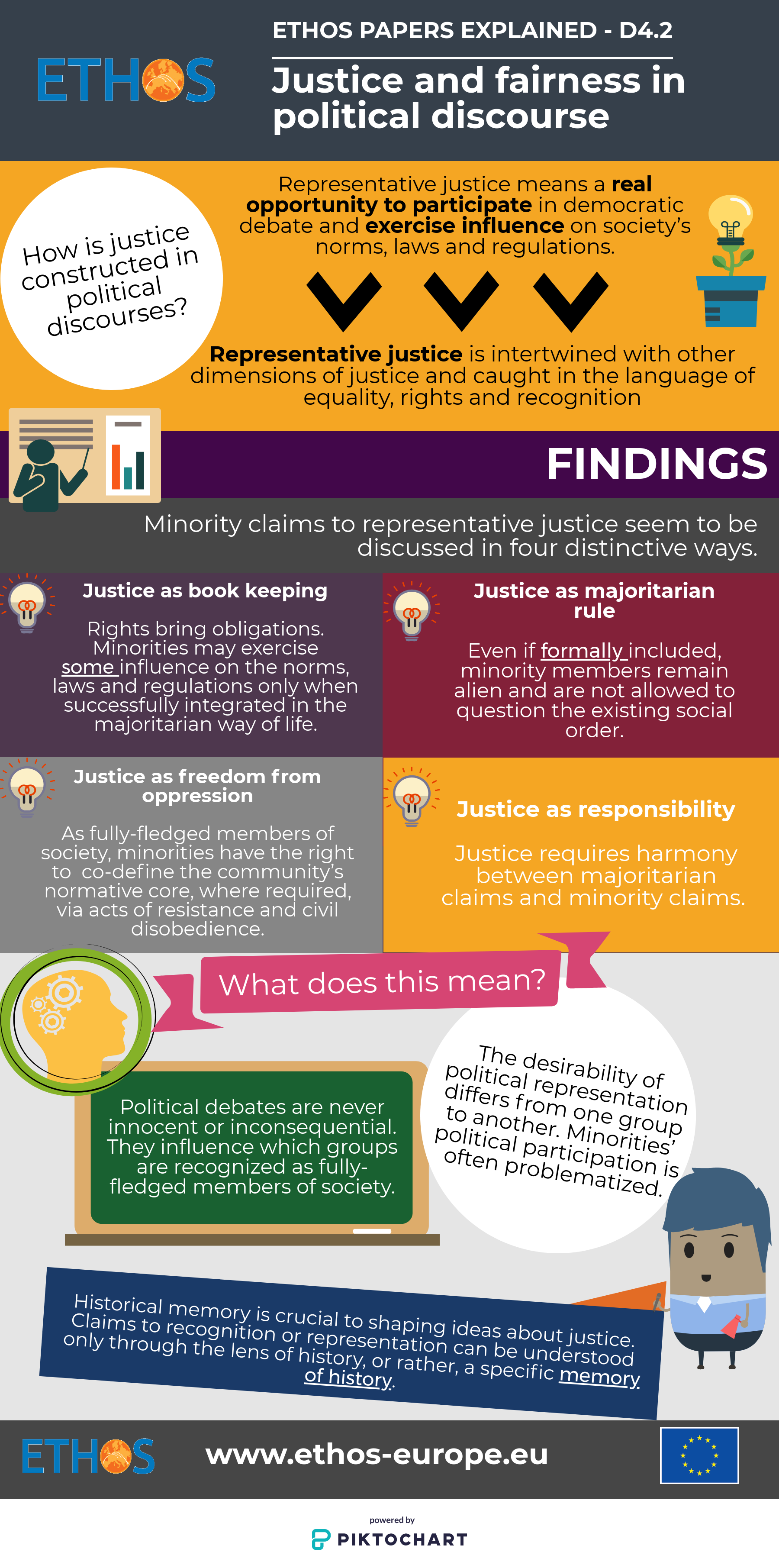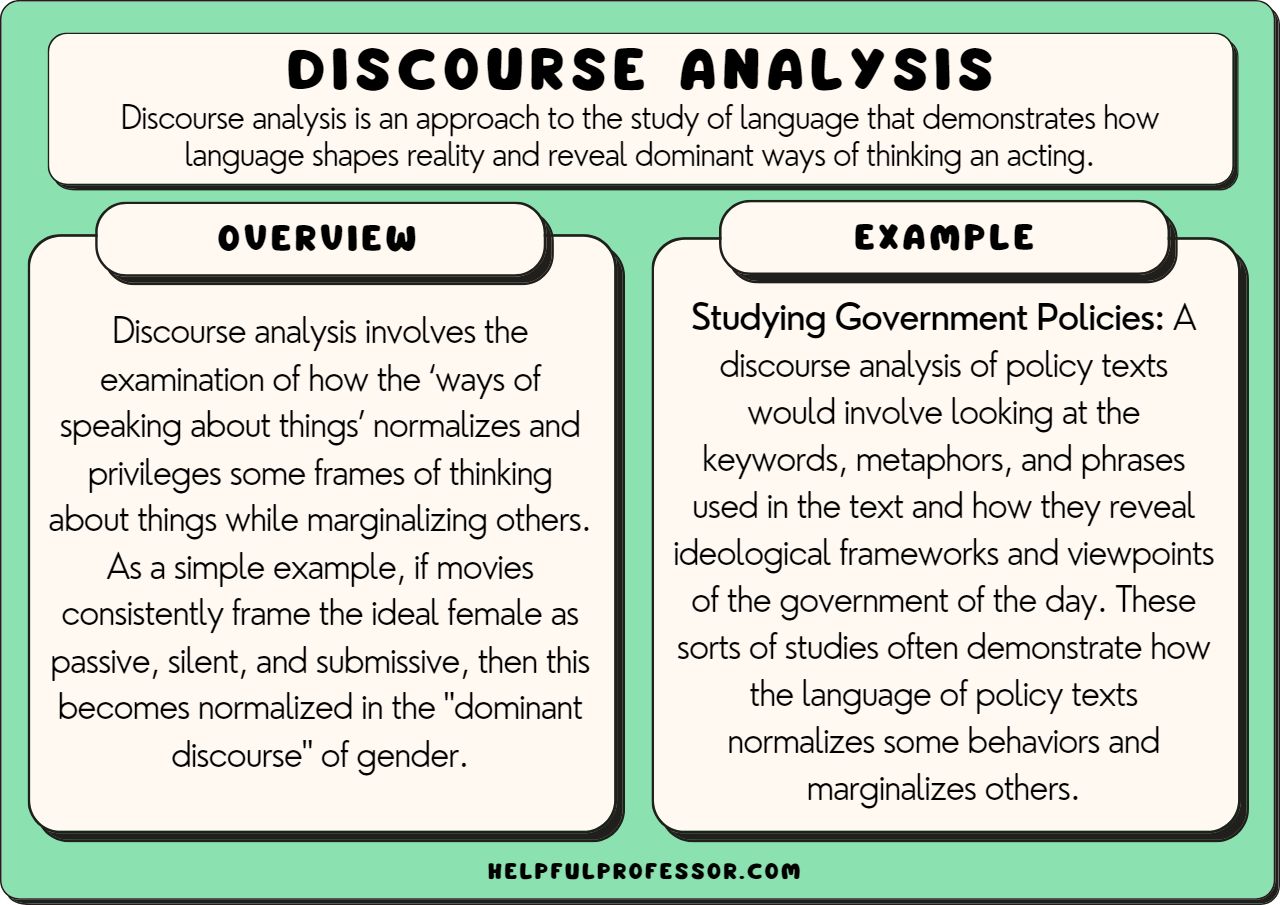Current Developments in the White House Faith Office
The White House Faith Office has recently been a focal point of political discourse, particularly with the announcement of its re-establishment under President Donald Trump. This initiative aims to address what the administration perceives as anti-Christian bias within the federal government. The office, which has a history of fluctuating relevance depending on the administration, is set to play a significant role in shaping religious policy and outreach.
Background of the Faith Office
The White House Office of Faith-Based and Neighborhood Partnerships was originally established during the presidency of George W. Bush. It was designed to facilitate collaboration between the federal government and religious organizations, particularly in areas such as social services and community outreach. However, its influence waned during the Obama administration, which focused more on secular approaches to social issues.
In February 2021, President Joe Biden signed an executive order to reestablish the office, emphasizing inclusivity and support for various faith-based organizations. This move was seen as a direct response to the previous administration's policies and aimed at restoring a balance in how faith communities interact with the government.
Trump's Recent Announcement
On February 6, 2025, President Trump announced the creation of a new White House Faith Office, which he claims will specifically target anti-Christian bias. This announcement was made during the National Prayer Breakfast, a traditional event that brings together political leaders and religious figures. Trump stated that the office would be led by Attorney General Pam Bondi, who will oversee a task force dedicated to eradicating perceived discrimination against Christians in federal policies.
Key Points from Trump's Announcement:
- Creation of a Faith Office: The new office aims to provide a platform for religious voices in government and ensure that Christian perspectives are represented in policy-making.
- Task Force Leadership: Pam Bondi's appointment as the head of the task force indicates a strong commitment to addressing issues that the administration believes are affecting Christians disproportionately.
- Focus on Religious Liberty: Trump emphasized the importance of protecting religious freedoms, which he claims have been under threat in recent years.

Controversy Surrounding Paula White
One of the most controversial aspects of the new office is the appointment of Paula White, a prominent Pentecostal preacher and long-time advisor to Trump, as its leader. White has faced significant backlash from various religious communities, particularly from Orthodox Christians, who have labeled her a "heretic" due to her unconventional theological views.
Reactions to White's Appointment:
- Criticism from Religious Leaders: Many religious leaders have expressed concern that White's leadership could alienate more traditional Christian groups and undermine the office's credibility.
- Support from Evangelical Communities: Conversely, White has a strong following among evangelical Christians, who view her as a champion for their causes and a voice for their concerns in the White House.
Implications for Policy and Society
The establishment of the White House Faith Office under Trump is likely to have several implications for both policy and society:
Increased Visibility for Religious Issues: The office is expected to elevate discussions around religious freedom and the role of faith in public life, potentially influencing legislation and government practices.
Polarization of Religious Communities: The appointment of figures like Paula White may deepen divisions within the Christian community, as different factions vie for influence and representation in the new office.
Focus on Christian Advocacy: The office's emphasis on protecting Christian interests may lead to a more pronounced advocacy for policies that align with evangelical values, potentially at the expense of other religious groups.

The reestablishment of the White House Faith Office under President Trump marks a significant moment in the intersection of politics and religion in the United States. With a focus on addressing anti-Christian bias and a controversial leadership choice in Paula White, the office is poised to play a pivotal role in shaping the dialogue around faith and public policy. As the political landscape continues to evolve, the impact of this initiative will be closely monitored by both supporters and critics alike.
For more detailed coverage, you can explore the following articles:





